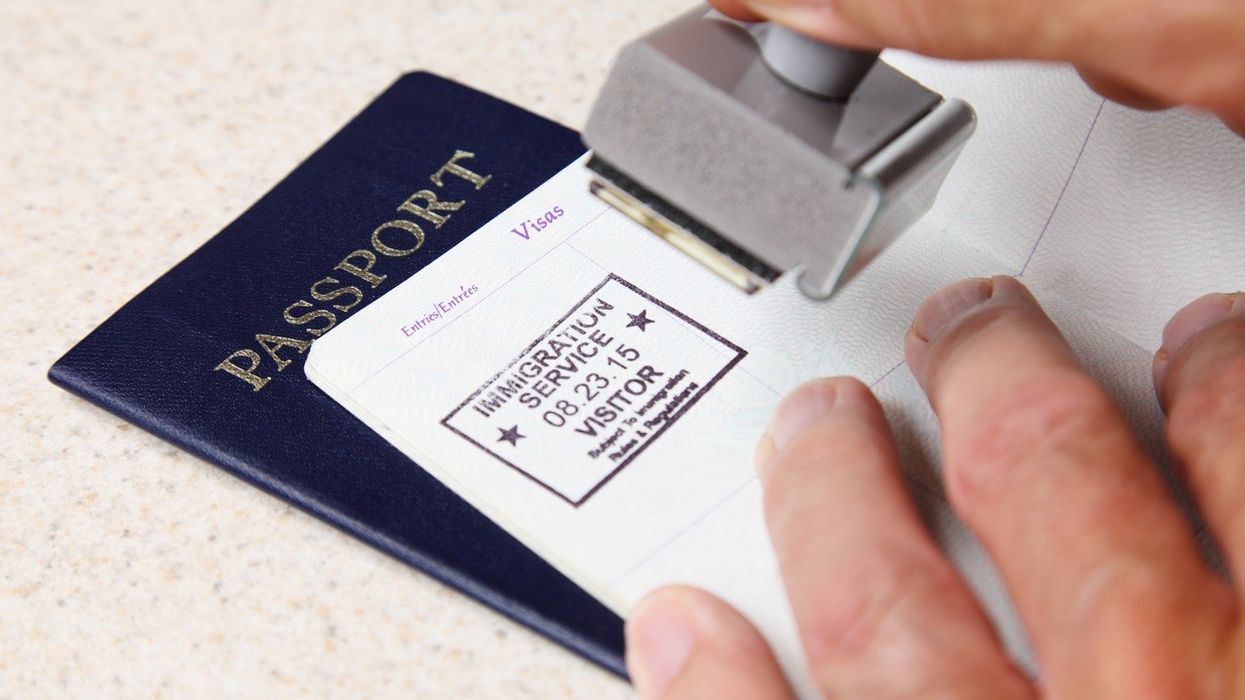A federal grand jury has arrested two men of Indian origin for their involvement in orchestrating armed robberies as part of a visa fraud conspiracy.
Rambhai Patel, 36, and Balwinder Singh, 39, were indicted on one count each of conspiracy to commit visa fraud in Boston, Massachusetts.
Patel was arrested in Seattle in December last year and remains detained pending trial.
Singh was arrested in Queens, New York at the same time and was released on conditions following an initial appearance in December 2023.
According to the charging documents, starting in March 2023, Patel, and his co-conspirators, including at times Singh, set up and carried out staged armed robberies of at least nine convenience/liquor stores and fast-food restaurants across the US, including at least five in Massachusetts.
It is alleged that the purpose of the staged robberies was to allow the clerks present to claim that they were victims of a violent crime on an application for U non-immigration status (U Visa).
A U Visa is available to victims of certain crimes who have suffered mental or physical abuse and who have been helpful to law enforcement in the investigation or prosecution of criminal activity.
During the alleged staged robberies, the “robber” would threaten store clerks and/or owners with an apparent firearm before taking cash from the register and fleeing, while the interaction was captured on store surveillance video.
The clerks and/or owners would then wait five or more minutes until the “robber” had escaped before calling the police to report the “crime.”
The “victims” are alleged to have paid Patel to participate in the scheme.
One individual allegedly paid $20,000 to participate as a victim in one of the staged armed robberies.
In turn, Patel allegedly paid the store owners for the use of their stores for the staged robbery.
It is alleged that at least two purported victim co-conspirators submitted U Visa applications based on being victims of the staged armed robberies.
The charge of conspiracy to commit visa fraud provides for a sentence of up to five years in prison, three years of supervised release, and a fine of $250,000. (PTI)




